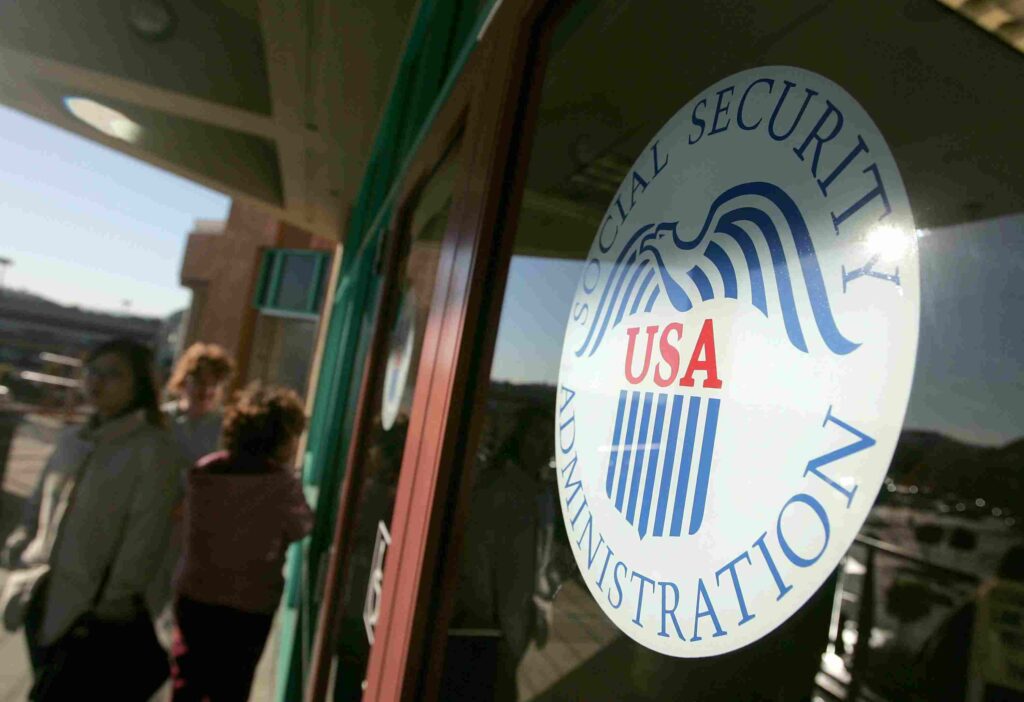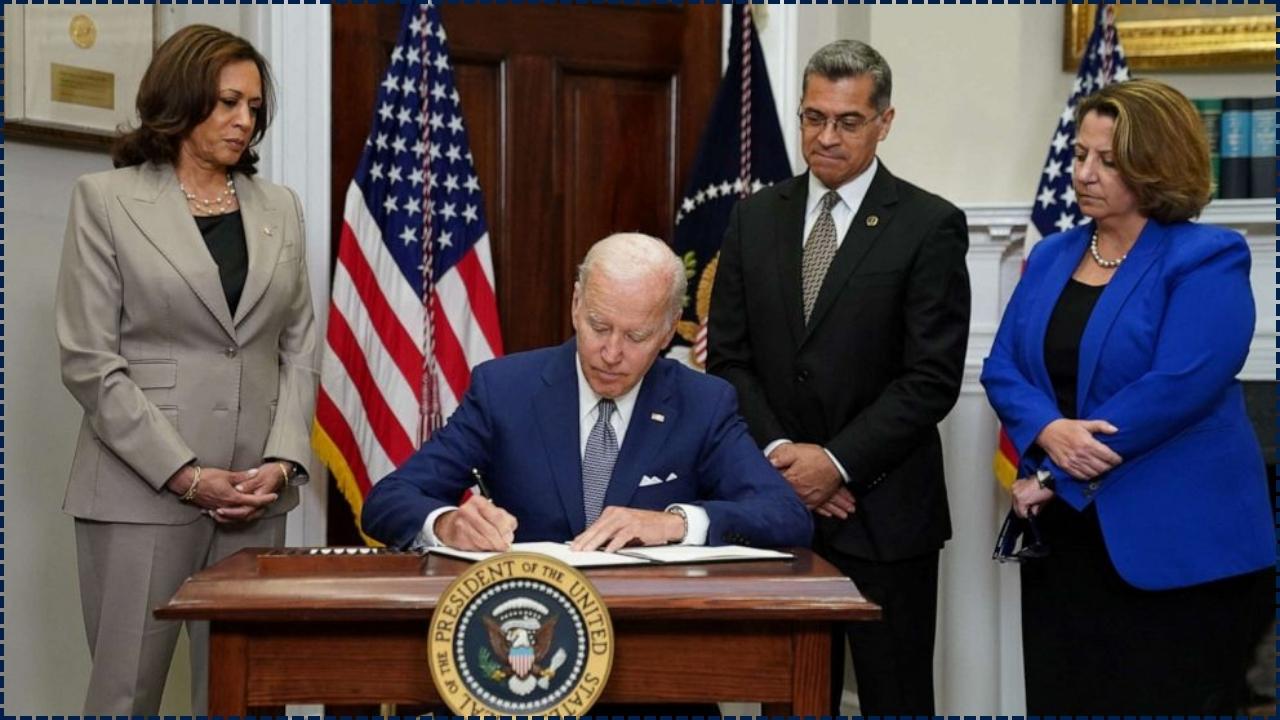With a tender and heartfelt embrace, we lovingly invite cherished individuals to reimagine their retirement dreams as the Social Security full retirement age (FRA) gently shifts in 2025, weaving new threads into the tapestry of retirement planning across the USA. For those born in 1959, your FRA now rests at 66 years and 10 months, and for those born in 1960 or later, it shines at 67 years. If you hold a vision of retiring at 65, this change may softly reduce your monthly benefit by up to 30%.

Yet, this sacred moment empowers you with knowledge to weave a radiant plan with care and wisdom. Together, we unite in fostering a compassionate community where every individual feels profoundly valued, supported, and uplifted with boundless hope, dignity, and love for their vibrant retirement journey.
Social Security Age Just Changed Everything
| What Changed | Details |
|---|---|
| FRA Update for 1960+ Birthdays | Full Retirement Age is 67 for individuals born in 1960 or later |
| Increment for 1959 Cohort | FRA is now 66 years, 10 months for those born in 1959 |
| Early Claiming Penalties | If you claim at 62, you’re penalized up to ‑30% of monthly benefits |
| Delayed Retirement Credits | Waiting past FRA until age 70 boosts benefits by 8%/year (up to +24%) |
| Future FRA Likely to Rise | Proposal under discussion to raise FRA to 69 by 2033, further reducing payouts |
| Impact on Spousal/Survivor Benefits | Higher FRA affects spouse’s and survivor’s payouts and claiming options |
If you were born in 1959 or later, your full retirement age is higher than you probably thought—now 66 years, 10 months or 67. This means claiming Social Security early or at age 65 may cost you a permanent income reduction. But waiting can reward you with up to 24% more per month. With the possibility of FRA rising to 68 or 69 in the coming decade, staying informed and flexible is key. Whether you’re working a physical job or freelancing, planning the timing of your benefits and backup income sources will help you land a more secure and comfortable retirement.

Why the FRA Matters More Than Ever
Work Longer or Take a Hit
If born in 1960 or later, you must wait until age 67 for full benefits. (FRA 66y10m applies for people born in 1959.) This shift began in 2025, and many people aren’t aware. It’s reshaping retirement math. Originates in the 1983 Social Security amendments, FRA gradually increased to match longer lifespans. But now it’s here—fast. Skipping it could cost you big.
Reduced Monthly Benefits for Early Claimers
Claim at 62, and your monthly check drops permanently—up to 30% depending on your FRA. So if your full benefit is $1,200, claiming early might net you only $840. That reduction affects lifetime benefits and increases risk if you live longer.
Reward for Waiting: Delayed Credits
Waiting until 70 gives you about 8% more per year after FRA—up to 24% extra total. That’s a significant boost if you’re in good health and expect a long retirement.
Section 1: Practical Steps for Smarter Social Security Planning
Find Your Full Retirement Age
Check your birth year:
- 1959 → FRA = 66y 10m
- 1960 and later → FRA = 67
Use SSA’s official FRA calculators on their website to verify your specific date.
Compare Early vs. Delayed Scenarios
- Claim at 62? You accept a permanent reduction in monthly checks.
- Wait until 70? You get a bump: up to 24% more every month.
Run projection calculators on ssa.gov or visit trusted financial planning tools.
Align Your Retirement Strategy
Ask yourself:
- Will you live long?
- Can you keep working?
- Do you have other income sources (401(k), IRAs)?
- What does your spouse’s benefit look like?
If longevity is likely, delay benefits. If health or job fatigue is an issue, weigh early claiming with fallback untapped savings.
Plan a Bridge Between Retirement and FRA
If you want to retire earlier:
- Consider part-time work or consulting to “bridge” until FRA or age 70.
- Have savings or side income ready to cover budget gaps.
- Delay Social Security to maximize payout when eligible.
Prepare for Future FRA Increases
Congress may raise FRA to 68 or even 69 in coming years. It’s not guaranteed, but you should save more and remain flexible so a later retirement doesn’t derail your finances.
Section 2: The Impact on Spouses and Survivors
Your FRA affects not just your benefits, but also those of your spouse or surviving partner:
- Spousal benefits can be delayed or reduced if FRA rises.
- Survivor benefits may be smaller if the primary earner delays claiming beyond life expectancy.
Plan to account for married couples where the higher-earning spouse delays claiming to maximize survivor potential.
Section 3: Tax Implications & Medicare Coordination
Claiming benefits also intertwines with Medicare:
- Medicare eligibility begins at 65 independent of FRA, so claiming early may require bridging health coverage.
- Delaying benefits might align better with IRAs and Roth conversions, optimizing tax brackets.
Consider how benefit timing affects your taxes and Medicare premiums long-term.
Related Links
Want More Than the $2,000 Average Social Security Check? Here’s How to Beat It
Ford Recalls 312,000 Trucks and SUVs Over Brake Failure That Could Cause Crashes
Section 4: Real-Life Examples
Linda (Born 1960)
Linda planned to retire at 65 in 2025 and claim Social Security. But FRA is actually 67. If she claims at 65 she’d lose ~13% of benefits. Instead, she’s planning to freelance part-time, delay her claim to FRA, and secure co-benefits via retirement savings.
Tony (Born 1959)
Tony reaches FRA in Nov. 2025 at 66‑10. Claiming at 62 slices his check by ~27%. He’s saving and budgeting so he can delay to FRA or beyond, maximizing his monthly and future survivor benefits.
Section 5: Long-Term Planning for Future Changes
With proposals to raise FRA further, consider:
- Diversifying your retirement portfolio (401(k)s, IRAs, HSA).
- Building emergency reserves to compensate for benefit delays.
- Reducing debt early so fewer fixed costs pressure early claiming.
Having options gives you flexibility—don’t rely solely on Social Security.
FAQs
Q: Can I retire at 65 if FRA is greater?
A: Yes—just know your benefit will be permanently reduced if FRA >65 for your birth year.
Q: Should I delay benefits until 70?
A: Only if you’re healthy, can work or support yourself via other income, and expect to live long enough to reap the increased payouts.
Q: Could FRA rise again?
A: Yes—Congress is reviewing proposals to move FRA to 68 or 69, which would further delay full benefits for future retirees.
Q: How do these changes affect taxes or Medicare?
A: Medicare starts at 65 regardless of Social Security age; delaying benefits may help in retirement tax planning, especially regarding IRAs and Roth distributions.





